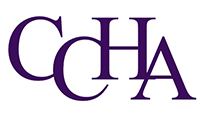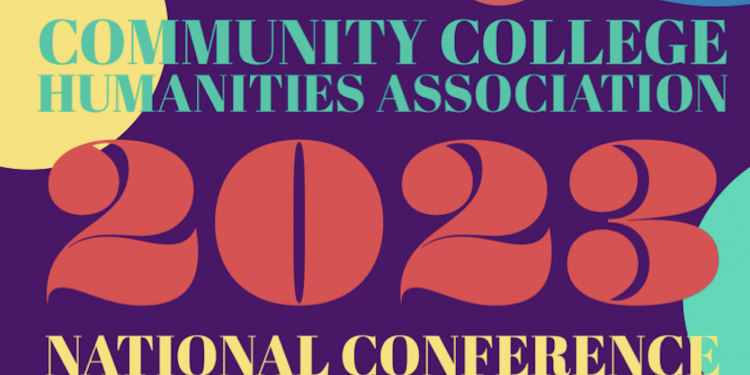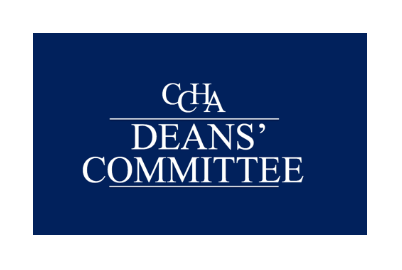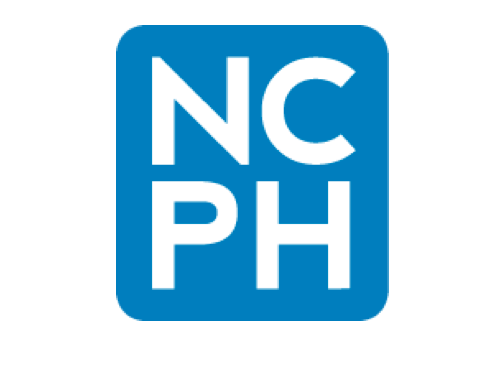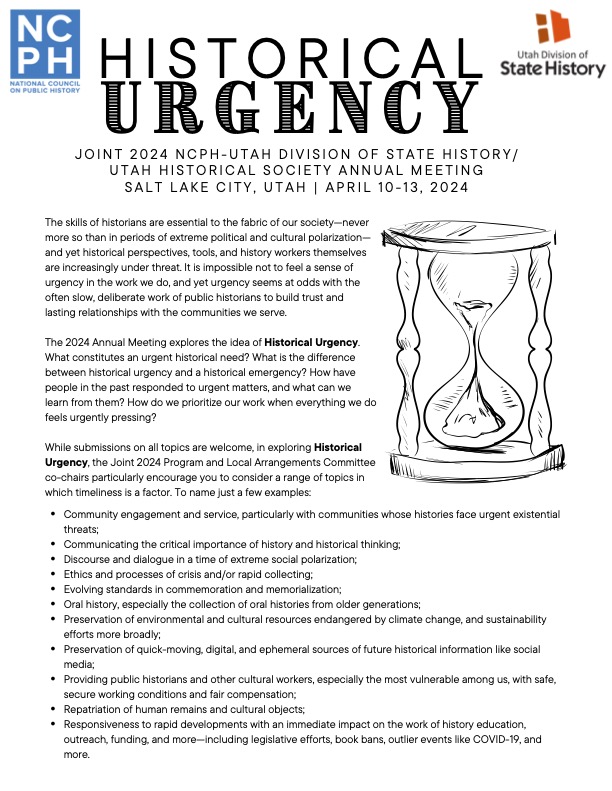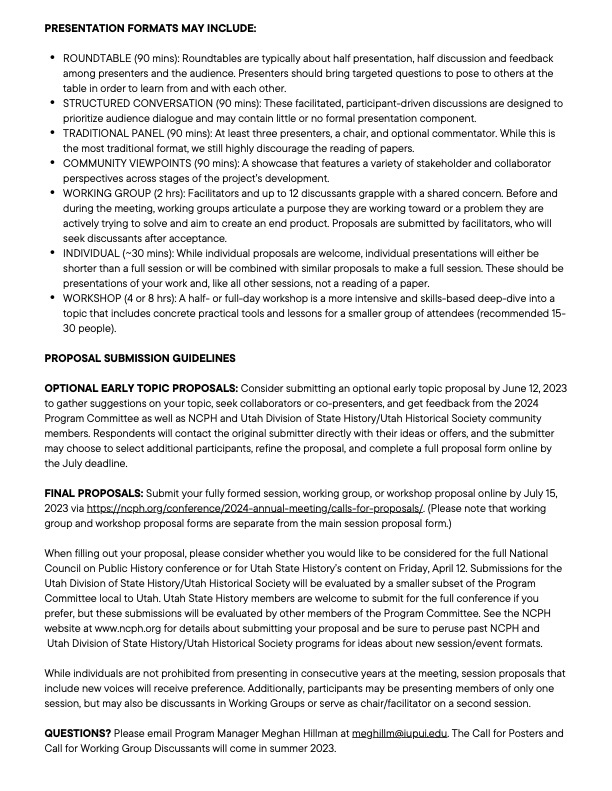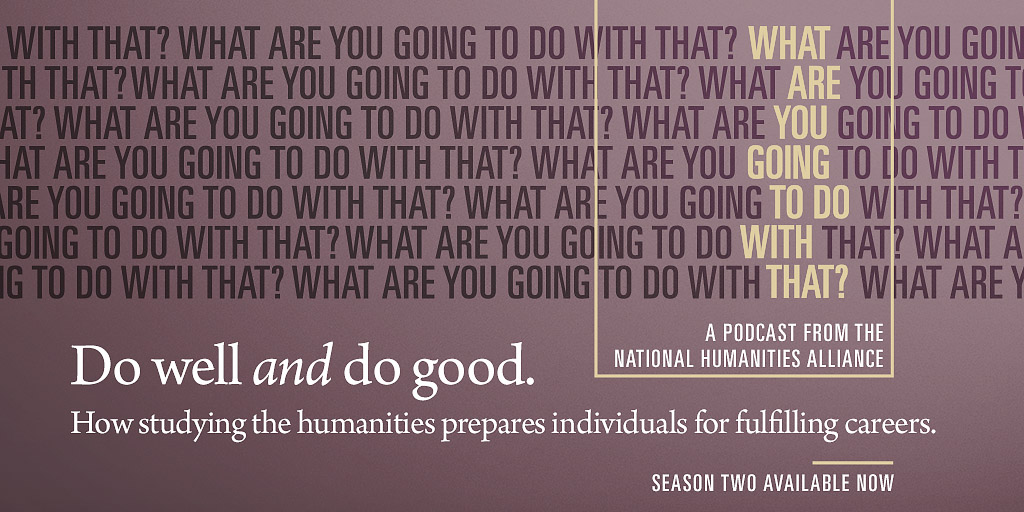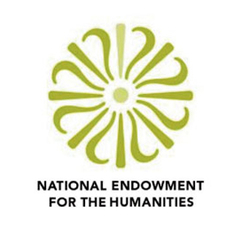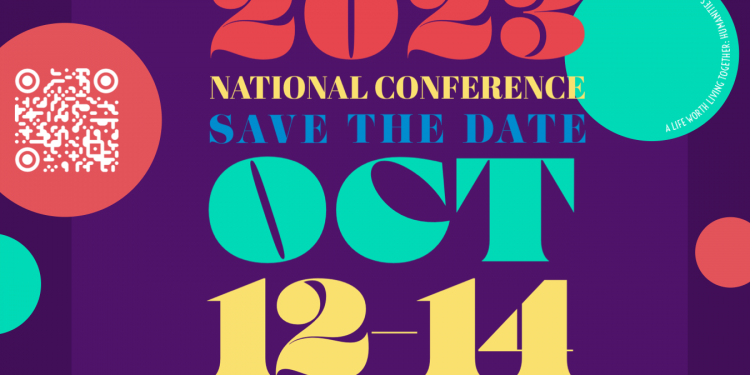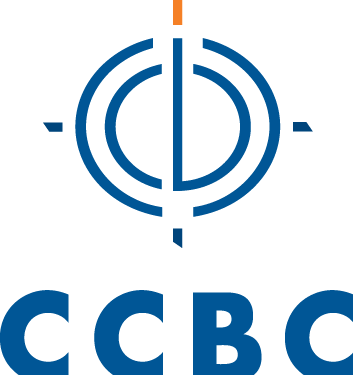From the CCHA Executive Director, Andrew Rusnak
CCHA National Conference, Austin Community College, October 12-14th
Austin City Limits Music Fest will be in full swing as community college humanities professors from around the country descend on Austin Community College and the Hilton Embassy Suites October 12-14 to celebrate CCHA’s 2023 National Conference. A vibrant, cultural city, Austin is perfect for foodies and music lovers. Our very gracious hosts at Austin Community College are working extremely hard to bring you a memorable academic and social experience. We hope that when you depart, it’s with lots of useful takeaways, connections to new friends, meaningful experiences, and reconnections with old acquaintances.
For planning, several items I would like to bring your attention to as well as ask for your patience:
- If you plan to attend the Thursday night reception at the host hotel and wish to imbibe, please bring cash, as it’s a cash bar only.
- On Friday, starting at 7am and running until 6pm, there will be a 40-seat bus that circulates from the hotel to ACC’s campus. The distance is about 2.5 miles on the street and one run will take approximately 7 minutes depending on traffic. On Saturday, a 24-seat bus will run from 7am to 3pm. Since it is a very busy weekend in Austin, shuttle services were limited, and this is all we could secure. There will be no shuttle service for Thursday workshops. The walk is estimated to be 21 minutes. Directions for hikers: Austin Community College: Highland Campus to Embassy Suites by Hilton Austin Central – Google Maps.
- Since we will not be able to have lunch concurrent with the plenary sessions on Friday and Saturday, we ordered a variety of sandwich type options for both days in order to expedite the one-hour time we will have to actually dine before moving into the plenary session area. ACC has a great on-campus catering service and will provide a number of meat and vegetarian options.
- Transportation from the Airport. There are a number of public options: “There are several bus services available at the airport, including Capital Metro, Greyhound, and Megabus. Capital Metro offers several bus lines that run from the airport to downtown Austin, including Route 20, Route 100, and Route 350. These lines operate daily and have frequent departures throughout the day.” There also are shared ride options that are allowed to pickup near your gate: “Rideshare Pickup/Dropoff Instructions for Austin Bergstrom International Airport. Rideshare services such as Uber and Lyft can drop you off at the departure level, along side regular passengers and taxis. Notify your driver of the airlines and preferably the terminal upon entering the airport premises.”
- We hope that you make time to get out and explore the wonderful City of Austin. Getting around the city, there are a number of options: “The best way to get around Austin is by bus and light rail. Some travelers recommend a car; however, the expense and pains of one are enough to encourage many visitors to use Capital Metro – Austin’s public transit system.” Here is the link to the city’s Bus, Metro Rail, and Express Options, a great site for scheduling: Schedules & Maps – CapMetro – Austin Public Transit. Uber and Lyft also are available, as well as cab service:
Cost of a taxi in Austin
- Base fare: $2.50 (€2.20)
- Price per km: $1.50 (€1.30)
- Yellow Cab Austin: +1 512 452 9999
- Austin Express Cab Service +1 512 666 41410
- Pronto Rides: +1 512 580 3779
You won’t have to go far to explore much of what Austin has to offer. As mentioned above, the music festival will be in full throttle the weekend of our conference. Build in “sitting in traffic” at peak times. Austin ranks very low when it comes to overall and violent crime in major US cities and is considered one of America’s safest. That said, always be cognizant of your immediate surroundings. Practice situational awareness and follow all necessary protocols for guarding your safety and personal possessions. Here are a couple of ideas for fun:
Austin Visitor Guide
Digital Austin Visitor Guide
Sixth Street (Music Row)
Sixth Street is distinctly Austin. With its colorful and bustling array of bars, restaurants and entertainment venues, it’s a sure bet for experiencing local characters and the vibrancy of the city.
Guide to Austin’s 6th Street (6street.com)
Austin Attendee Guide
Attendee Guide
Austin restaurants and Bars Guide
Best Austin Restaurants & Bars Guide – Cookie and Kate
21 Best Restaurants in Austin
The 21 Best Restaurants in Austin for an Epic Meal (timeout.com)
Austin Museums
10 Cool Museums to Visit in Austin | Visit Austin, TX (austintexas.org)
Cool Things to Do
Things To Do in Austin, Texas (austincityguide.com)
Discounts Around the City
Austin Insider Deals
